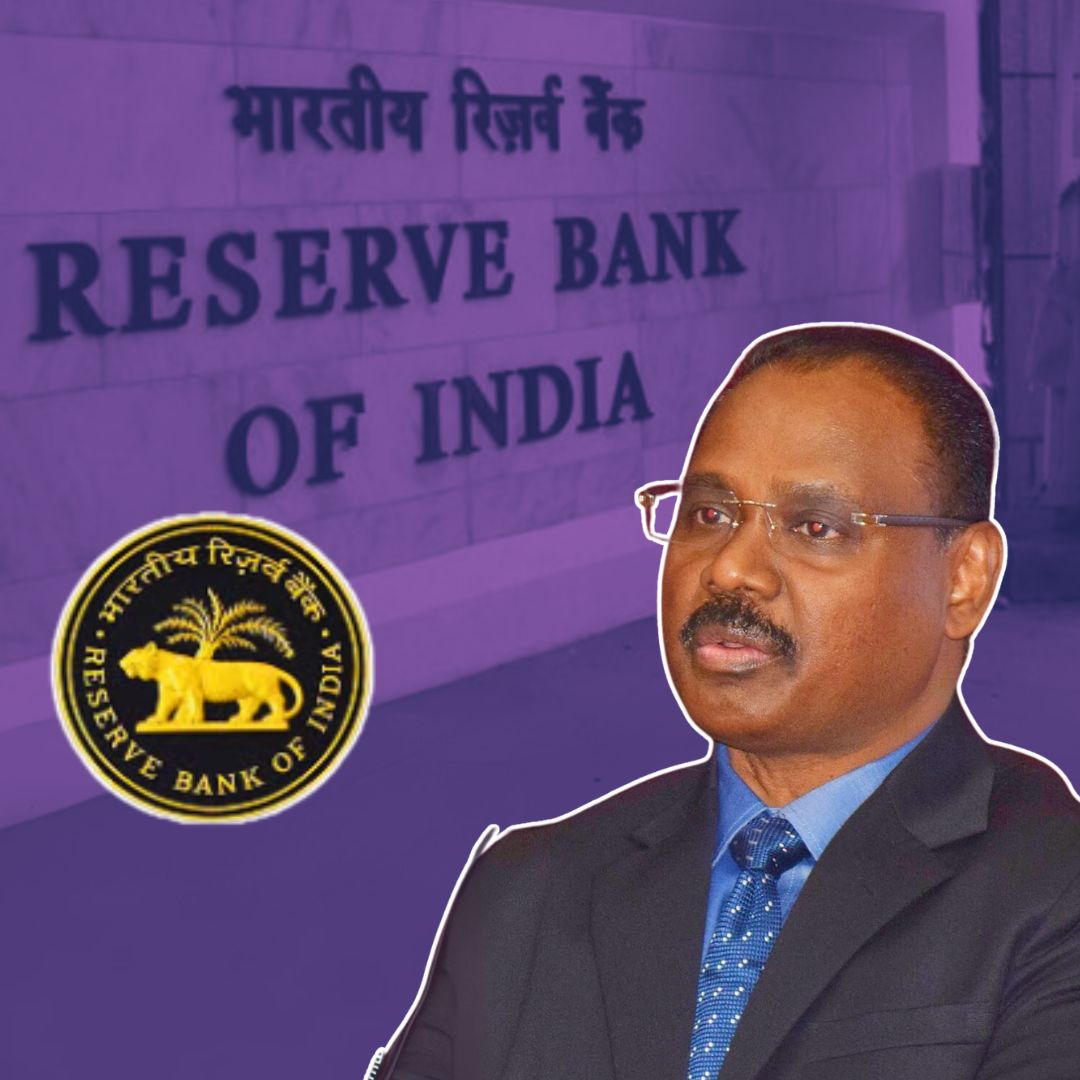On September 28, 2025, the Government of India appointed Shirish Chandra Murmu as a Deputy Governor of the Reserve Bank of India (RBI) for a three-year term starting October 9. Murmu, currently serving as an Executive Director at the RBI, will succeed M Rajeshwar Rao.
This appointment strengthens the RBI’s leadership amid evolving economic challenges. Officials praised Murmu’s regulatory expertise, which is expected to support the central bank’s supervision, banking regulation, and financial stability mandate.
Veteran Bureaucrat and Central Banker Takes Charge
Shirish Chandra Murmu, an Indian Administrative Service officer of the 1985 batch from Gujarat, currently functions as an Executive Director at the RBI, heading the Secretary’s Department. His responsibilities include coordination across RBI departments, governance matters, regulatory compliance, and internal administration.
The Appointment Committee of the Cabinet (ACC) approved Murmu’s nomination, highlighting his strong track record in financial oversight and governance.
A Finance Ministry source stated, “His vast experience within the central bank’s supervision framework will help maintain regulatory rigor as India’s economy faces pressures from global uncertainty and domestic reforms.” Murmu joins three other deputy governors who oversee critical areas such as monetary policy, financial markets, banking supervision, and regulation.
Role and RBI Organizational Structure
The RBI’s organizational hierarchy places the governor at the helm, supported by four deputy governors who share leadership responsibilities for varied key functions. These include monetary policy formulation, banking regulation, financial market oversight, and internal administration. Deputy governors play a vital role in monitoring banks’ compliance with regulatory standards, contributing to the Monetary Policy Committee, and ensuring the smooth operation of India’s financial system.
The RBI, as the central bank, acts as the banker to the government and commercial banks, controlling credit creation and managing currency issuance. Murmu’s assumed portfolio will likely involve banking supervision and governance, strengthening the bank’s capacity to proactively address risks and promote financial stability.
Career Highlights and Context
Murmu’s career spans significant administrative roles including serving as Comptroller and Auditor General (CAG) of India and the Lieutenant Governor of Jammu & Kashmir post the abrogation of Article 370. His tenure is noted for strong institutional leadership and audit credibility enhancement.
Transitioning from civil service to a senior RBI leadership role, Murmu brings a unique blend of policy acumen and practical expertise in financial oversight. The previous deputy governor, M Rajeshwar Rao, had his term extended twice, underscoring the importance of continuity in managing RBI’s high-stakes regulatory and supervisory functions.
This appointment aligns with RBI’s tradition of entrusting senior positions to professionals with deep institutional knowledge and public service integrity.
The Logical Indian’s Perspective
The appointment of Shirish Chandra Murmu signifies a positive step towards consolidating experienced leadership at India’s apex financial institution, critical for steering economic stability. In times marked by economic uncertainties and calls for greater transparency, it is vital that public institutions like RBI operate with clear accountability and inclusiveness.
The Logical Indian believes that leadership roles must embody a vision of empathy and sustainable growth, balancing regulatory vigilance with considerations of societal impact.










